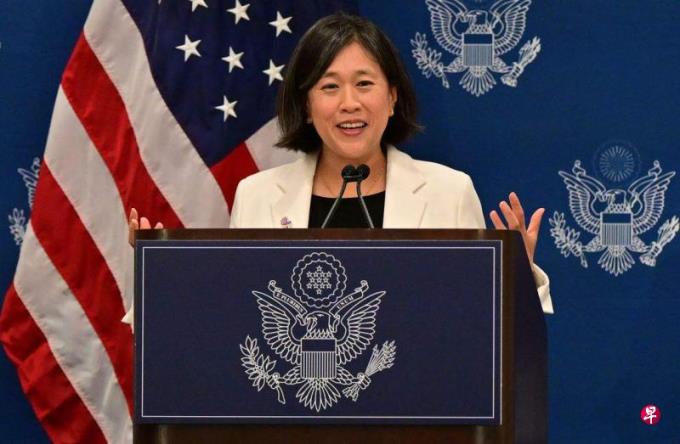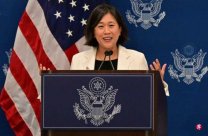
(Washington Composite Electric) US trade representative Dai Qi said that tariffs are an important defense tool for re -balanced US -China unfair business relations.
Daiqi said on Tuesday (February 6) in an interview with the University of Political Science of the University of Chicago, saying that in the complex economic and trade relations with China, although tariffs are "the most boring side", the United States has long been dependent on the United States for a long time.Tariffs are "means to make the competitive environment fair".
Former US President Trump began to impose tariffs on imported goods of more than $ 300 billion more than $ 300 billion, and the White House is currently reviewing this additional tariff.Daiqi once said that tariffs can be used as a bargaining chip for trade negotiations, forcing Beijing to change the United States as unfair trade behavior.
Tariffs on China cover thousands of Chinese imported products, from industrial input products such as microcompostering, chemicals, to consumer goods such as clothing and furniture.The Biden government is also considering improving tariffs on Chinese electric vehicles and other goods.
Trump, who is currently led by the Republican presidential candidate, has shown a more and more strong attitude towards China. He recently threatened that if he entered the White House again, he might impose more than 60%of tariffs on Chinese goods.
In addition, the US International Trade Commission voted on Tuesday and decided to cancel anti -dumping taxes on tin -plated steels in Canada, China, Germany and South Korea.This metal is widely used in cans of food, paint, and gas mist products.
The International Trade Commission believes that these imported steel products have not caused damage to domestic steel producers in the United States.The committee also voted to terminate anti -dumping tariffs on canned tin -plated steel for canned Korean food.
The anti -dumping tax levied to South Korea, Germany, and Canada from 2.69%to 6.88%of the tin -plated steels in South Korea, Germany, and Canada; 122.5%of anti -dumping taxes and anti -subsidy taxes for Chinese tin -plated steel.




